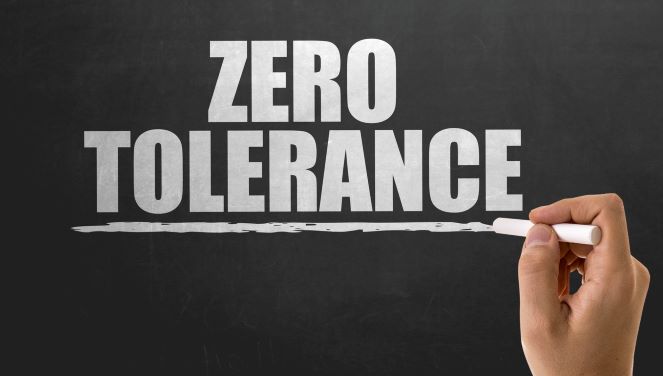As the number of attacks on community pharmacists continues to rise, self employed community pharmacist, Una O’Farrell, tells Pharmacy in Focus who needs to take action – now!
When I first heard about violence in pharmacies, forgive me, but I suspected it was overstated, maybe an urban myth. I’ve been practising over twelve years and, bar one unpleasant exchange with a gentleman, who looked like the odds would be against him if a strong gust of wind came along, I haven’t experienced much in the line of threatening behaviour.
Maybe the legacy of our ‘statelet’ has me`a little desensitised to the word ‘violence’. However, since hearing accounts from colleagues lately, and seeing some chilling CCTV footage, I now class myself as lucky.
While they may be anecdotal for now, reports of violence in community pharmacy since the beginning of the pandemic are on the increase – perhaps predictable expected given the conditions of a perfect storm – the depths of winter, economy worries, increased pressure on the system, more fearful patients, staff struggling to adjust to changes in working practise that once seemed an impossibility, restricted GP access… patients and professionals alike are more unraveled than they were twelve months ago.
Patience and nerves are frayed.
Of course, there’s a spectrum of aggressive behaviour. Sometimes it’s attributable to the use of language not intended to be offensive but perceived as such – (have you ever listened intently to RTÉ radio? You’d never get away with their versions of expletives on the BBC!) , to expressing levels of frustration by shoving or throwing inanimate objects, to actually placing hands upon someone with intent to injure.
It isn’t new. It’s something front-line workers have been encountering for years. As long as we are accessible, the risk is alive and well, and we aren’t the only ones.
Michael Bloomfield, Chief Executive of Northern Ireland Ambulance Service publicly called for support for workers in June of last year.
‘For our staff to face…fear of assault – physical and verbal – when they are trying to provide the best possible care and treatment is disgraceful,’ he said, ‘and I call on all those with influence to condemn it.’
The council for nursing and midwifery have a ‘refusal to treat’ publication, while the General Medical Council offers clear guidance on how to end a professional relationship with a patient when they have been aggressive, abusive or threatening.
The Pharmacists’ Defence Association has produced a comprehensive document called ‘Stopping Violence in The Pharmacy’ (2017) and has been lobbying all stakeholders for support since. It has also extensive experience of supporting pharmacists who have become victims. Little wonder then that the document has been embraced by the police service nationwide.
I’m not convinced, however, that all of our professional bodies are fully cognisant of our fundamental right to perform our jobs free from the threat of danger.
And we need them to be.
We need clear guidelines on how to set boundaries of acceptable behaviour and what to do when they are breached – I’m looking at you Pharmaceutical Society of Northern Ireland (PSNI).
Risk management templates in the event of aggression or violence – I’m looking at you Community Pharmacy Northern Ireland/UCA-NI (CPNI/UCA-NI).
Training modules on how to deal with challenging situations – I’m looking at you Northern Ireland Centre for Pharmacy Learning & Development (NICPLD).
Support for those who have been victims of violent crime in the pharmacy, or consequential malicious referral to the society – I’m looking at you, Pharmacy Forum NI (PFNI).
Provision of pharmaceutical services to those who can’t be managed safely in community pharmacy settings – I’m looking at you, Health & Social Care Board (HSCB).
The above is quite a long wish list, but, dear Santa, we have been very good, and worked very hard, all year!




